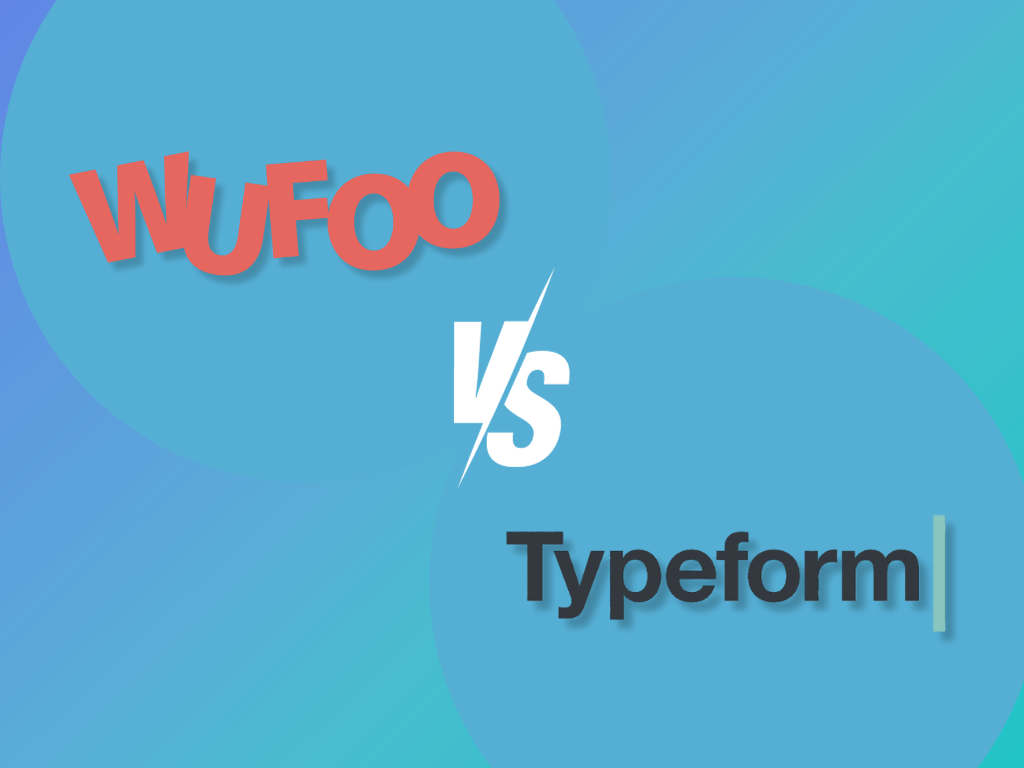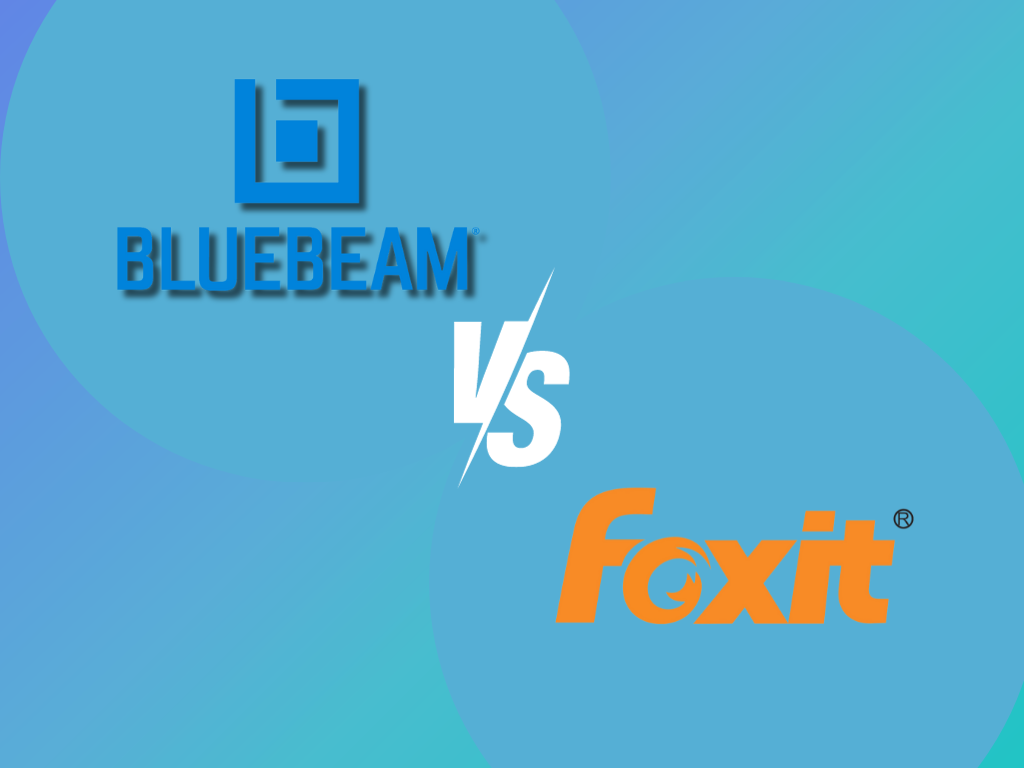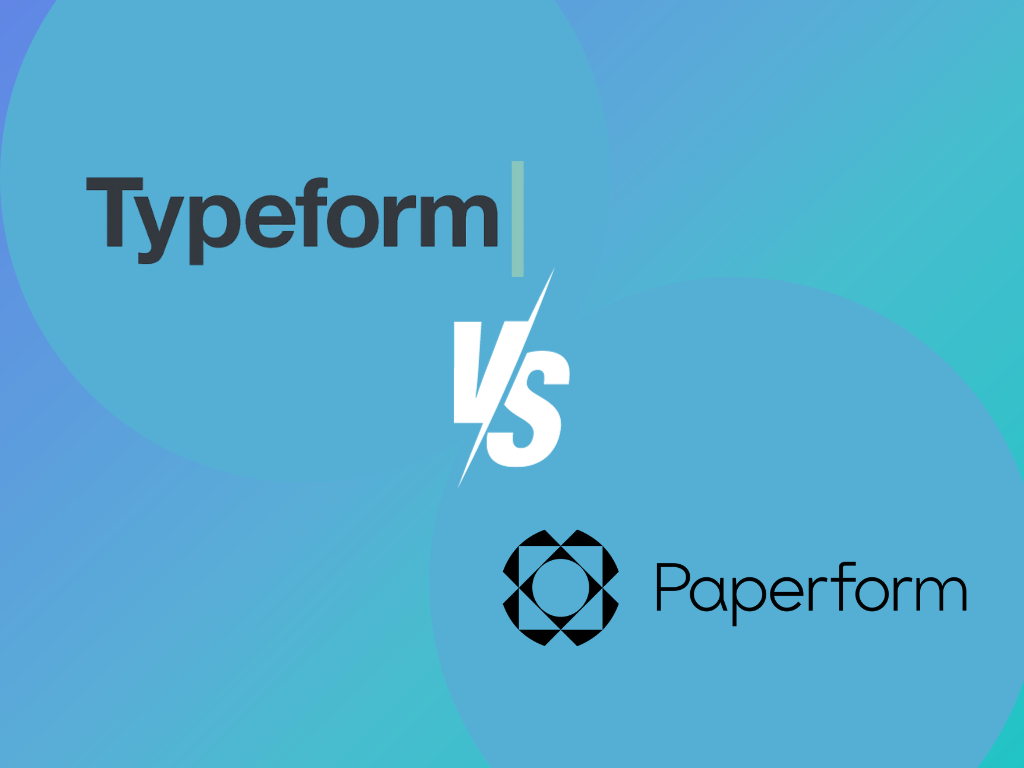The main difference between Wufoo and Typeform lies in their approach to online form building. Wufoo focuses on simplicity and ease of use with basic, straightforward forms. Typeform, on the other hand, emphasizes interactive and engaging forms that offer a more dynamic user experience.
Continue reading for a comprehensive analysis of Wufoo vs Typeform.
Comparing Wufoo vs. Typeform
| Platforms Supported | Cloud Storage | Integrations | Custom Branding | Pricing |
Wufoo | Windows Mac SaaS/Web | Yes | Google Workspace, HubSpot, Slack, Zapier, Zoho, DropBox, Salesforce, Mailchimp, and more. | Yes | Starts at $14 per month |
Typeform | Windows Mac SaaS/Web | No | Google Workspace, HubSpot, Slack, Zapier, Zoho, DropBox, and more. | Yes | Starts at $25 per month |
User-Friendly Interface
To start, let’s compare the user-friendly interfaces of Wufoo vs. Typeform to understand their differences better.
Wufoo’s interface is user-friendly, allowing even beginners to create forms easily. It provides a drag-and-drop form builder, making it easy to add fields and customize your form without any coding knowledge.
On the other hand, Typeform is known for its unique, conversational approach to form building. Its user interface is highly interactive and engaging, aiming to keep users interested. Typeform allows users to create various forms, from surveys and quizzes to registration forms and more.
Customization
Wufoo allows users to create custom online forms easily with various features. It supports adding images, files, videos, and conditional questions to the forms for a unique touch. It also offers custom CSS features, enabling users to modify the look of their forms. This includes rounded corners, spacing, dimensions, background colors, typography, and logos.
Typeform also offers a broad range of customization features. Users can personalize their forms by customizing interface messages, designing themes, adding UTM tracking, and adjusting the types and order of questions. Additional customizations include importing questions from external sources, creating a custom subdomain for form URLs, and modifying provided templates.
Templates
Wufoo provides various pre-designed form templates that users can utilize for various purposes. This includes contact forms, surveys, registration forms, and application forms. Users can customize these templates to suit their specific needs. They also provide templating options to personalize notification and confirmation messages.
Typeform also offers a wide variety of templates. Users can choose from many categories: lead generation, surveys, feedback, applications, and more. These templates are designed to be engaging and easy to use, and they can be customized to fit the user’s specific needs.
Responsive Design
Wufoo has a responsive design. The forms created with Wufoo are automatically responsive to different screen sizes and provide a good user experience on desktop and mobile devices. Wufoo has also recently improved its mobile experience, offering over 400 responsive form templates.
Typeform does have a responsive design. The forms created with Typeform are designed to work on every device, including mobiles, tablets, and desktop computers. Typeform offers several options for embedding forms in different formats, which can affect the form’s responsiveness. When uploaded to a Typeform, images are automatically resized to improve load times on different devices.
Conditional Logic
Wufoo provides conditional logic, allowing users to create dynamic forms based on user responses. This feature enhances the form-filling experience by optimizing logic and rules for all forms.
Typeform also supports conditional logic. In Typeform, this feature is referred to as Logic. It allows users to create a form that adjusts according to the respondent’s answers. As a result, respondents won’t encounter irrelevant questions since they’re automatically skipped based on their previous responses.
Survey Capability
With Wufoo, users can quickly build and customize online forms, including surveys. The platform allows users to collect data, automate workflows, and make sense of the data. It also offers advanced features such as the Rule Builder, which lets users personalize the questions in their forms based on a respondent’s previous answers. Additionally, Wufoo provides reporting tools that help users design embeddable graphs, charts, and reports.
Typeform is widely recognized as a tool that allows users to create engaging and interactive surveys, quizzes, and forms. Moreover, Typeform’s design is centered around making the data collection process comfortable and conversational.
Real-Time Notifications
Let’s look into real-time notification capabilities as we conclude our comparison of Wufoo vs. Typeform.
Wufoo offers real-time notification features. When someone submits a form, Wufoo can notify the user in real-time. Users can also set up WebHooks in Wufoo to receive push notifications to their apps. The platform supports sending real-time updates to various web applications. Additionally, Wufoo offers integration with SIGNL4, and MailChimp provides real-time notifications as well.
Typeform also offers real-time notifications. Users can set up notification emails based on responses to their forms. Typeform also provides a “Follow-up” feature, which allows users to send automated messages to their respondents or themselves. Moreover, users can use their integration with Gmail to send notifications or follow-ups from new entries.
Fill: The Best Alternative To Wufoo
Although Fill is not primarily a form builder but an eSignature platform, it still emerges as a superior alternative to Wufoo thanks to its impressive features.
One of Fill’s standout features is its military-grade security. With Fill, you can rest assured knowing your data is safeguarded by the highest security standards. Fill is also HIPAA-compliant, ensuring it meets the stringent requirements for handling sensitive patient data.
Beyond security, Fill shines in its PDF management capabilities. It allows users to edit, annotate, and manage PDFs with ease. Fill’s intuitive interface makes working with PDFs a breeze, from adding text and images to highlighting and underlining essential sections.
Moreover, Fill caters to businesses of all sizes. Fill has got you covered with its flexible pricing plans and expansive feature set, making it an excellent choice for businesses at any stage.
Elevate and secure your document management with Fill. Book a demo today.






